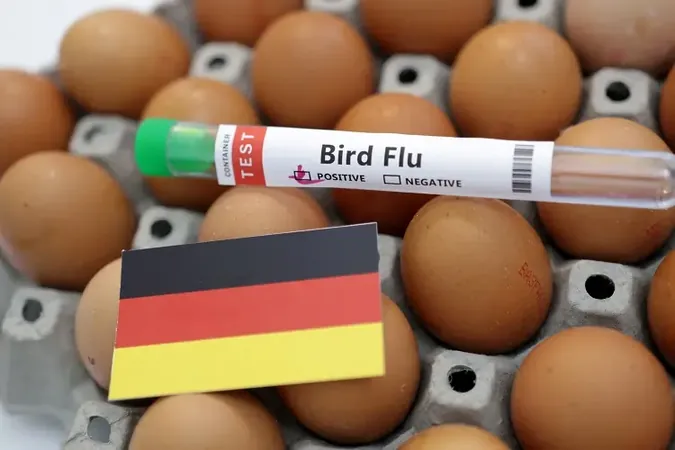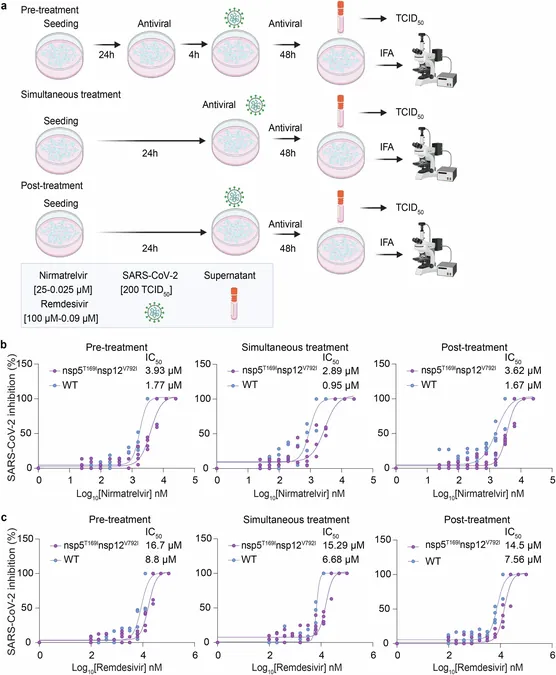
Alarm Bells Ring as H5N1 Bird Flu Outbreak Hits Saxony, Germany
2024-10-01
Overview of the Outbreak
Germany is sounding the alarm as health authorities report an outbreak of H5N1 bird flu in the Saxony region. This highly pathogenic avian influenza has raised concerns among veterinarians and public health experts alike, as the strain poses significant risks not only to poultry but also to human health.
Government Response
Officials from the Federal Ministry of Food and Agriculture confirmed the presence of the virus in wild birds and domestic flocks, prompting immediate measures to contain the spread. Infected birds display symptoms such as severe respiratory issues, sudden death, and decreased egg production, which can devastate local poultry industries.
Zoonotic Potential
The H5N1 strain is particularly notorious due to its zoonotic potential, meaning it can sometimes infect humans, leading to severe illness. Since its emergence in the early 2000s, there have been sporadic cases of human infections, often linked to direct contact with infected birds. Health authorities are urging the public to maintain caution and avoid handling sick or dead birds.
Impact Across Europe
In recent months, cases of avian flu have surged across Europe, with wild birds acting as carriers. This outbreak in Saxony could lead to increased biosecurity measures affecting not only poultry farms but also regions adjacent to wildlife habitats. Farmers are strongly advised to monitor their flocks closely and report any signs of illness to veterinary services immediately.
Environmental and Economic Effects
The environmental impact of such outbreaks can be profound, often leading to the culling of infected and exposed birds, which in turn affects local ecosystems and biodiversity. In addition to economic losses stemming from disrupted poultry markets, there are ongoing concerns around food security and the rising costs associated with such public health interventions.
Preventive Measures
As authorities work to control the situation, they stress the importance of vaccination and biosecurity protocols within poultry operations. While the risk to the general public remains considered low, close surveillance and prompt response are crucial in preventing a wider outbreak.
Conclusion
Stay tuned as we continue to track developments surrounding this avian flu outbreak. Will Saxony manage to contain the spread, or are we looking at a larger crisis ahead?





 Brasil (PT)
Brasil (PT)
 Canada (EN)
Canada (EN)
 Chile (ES)
Chile (ES)
 España (ES)
España (ES)
 France (FR)
France (FR)
 Hong Kong (EN)
Hong Kong (EN)
 Italia (IT)
Italia (IT)
 日本 (JA)
日本 (JA)
 Magyarország (HU)
Magyarország (HU)
 Norge (NO)
Norge (NO)
 Polska (PL)
Polska (PL)
 Schweiz (DE)
Schweiz (DE)
 Singapore (EN)
Singapore (EN)
 Sverige (SV)
Sverige (SV)
 Suomi (FI)
Suomi (FI)
 Türkiye (TR)
Türkiye (TR)